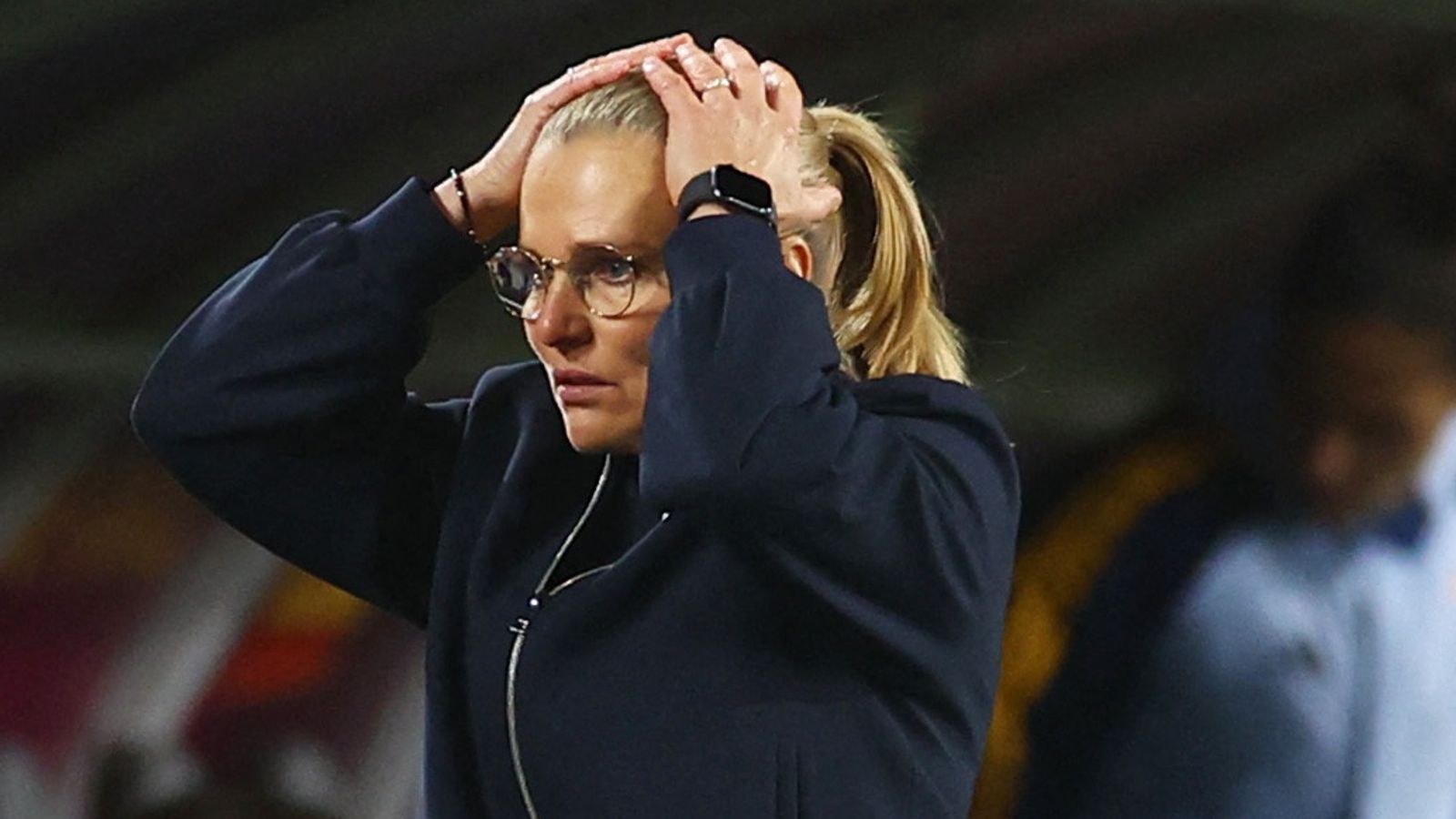“Nothing that Jeremy Hunt did yesterday, nor anything the OBR said, changes anything very significantly” – so says the director of the Institute for Fiscal Studies, Paul Johnson.
Raising the question: why are we still talking about it? Why are you even bothering to read this article? Why am I writing it?
These are all good questions. Perhaps the best answer is that while Wednesday’s budget was a little less interesting than most people expected, it will nonetheless make a difference to many of our lives, albeit in a subtle way many people might not notice.
Money blog: Which groups are taking home less pay after tax changes?
Perhaps the clearest evidence of this is to be found in some of the IFS analysis on Thursday looking at what they call the “distributional analysis” of what the chancellor announced.
These exercises are quite helpful because they show the average impact of the tax and benefits policies implemented by this government on each tenth of the population, from the highest to the lowest earning. You get a final number which shows (if only in an approximate fashion) whether these measures have made you better or worse off.
And before this budget, the average household was, as of 2024/25, slightly worse off as a result of government policies since 2019. The impact differed along the income spectrum: the poorest 40% of people were slightly better off, but the rest were worse off.
Target Towns: If the budget was designed to win back votes, it fell short in Grimsby and Cleethorpes
A March budget has been delivered – but still not a spring in the Tories’ step
How Budget 2024 had a smaller impact on public finances than the autumn statement
That was largely a consequence of the fact that the government has frozen tax allowances, dragging more people into paying income tax both at the basic and higher rates.
But here’s the interesting thing. Following this budget, with its 2p national insurance cut, the balance has shifted. As of this year, all income groups save for the richest 10% are better off as a result of the government’s tax and benefit policies.
That’s quite a big deal, especially ahead of an election, but there are, as ever, a few important provisos. The first comes back to the opening phrase of that last but one sentence.
Most people are better off this year, but roll on another few years – another few years in which the income tax brackets are frozen – and by 2027/28 all but the very poorest will be worse off as a result of government tax and benefit policies.
The second proviso is that these kinds of exercises only look very specifically at tax and benefit policy. They take no account of the wider picture and in this case that wider picture is really important.
Look, for instance, at the overall household disposable picture in the UK and the story is baleful. A chart from the Resolution Foundation showed on Thursday that this parliament has seen the worst performance in this metric (which is perhaps the single best measure of our standard of living) on record.
In other words, while the government’s tax and benefits policies are now net positive for most income groups, don’t expect them to feel it. Instead they feel, like most residents of Europe in the face of the cost of living crisis, severely financially bruised.
The final thing of note from Thursday’s analysis is some further detail on the likely path of public spending.
You may recall that the chancellor stopped short of cutting his pencilled-in plan for 1% real terms increases in departmental spending after this Parliament. But while that sounds relatively generous, the story is a bit more complex than that.
The reason is that some departments – most notably the NHS – have protected budgets while other departments – think the Home Office or justice – do not. The upshot is that while those protected departments can expect quite chunky real terms increases in the coming years (2.9% a year), the unprotected departments can expect large cuts (-3.5%).
That this comes after around 20% of real terms cuts raises the question: are these cuts really achievable? Most people in public administration think the answer is almost certainly not.
Which raises another question: at what point does this chancellor (or the one who follows him) admit that and put in more money? Where does that money come from?
Be the first to get Breaking News
Install the Sky News app for free
Paul Johnson of the IFS was right about one thing though: important questions like that remain unanswered even after this budget. The fiscal can has been kicked further down the road.








